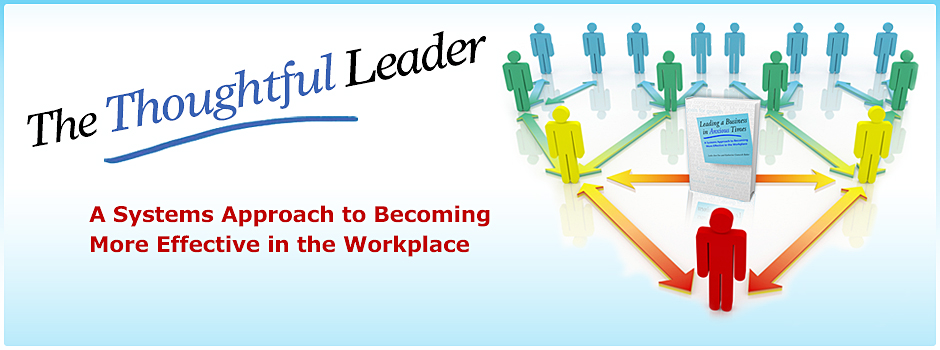Is Lone Holdout on the Blagojevich Jury an Example of a Leader or a Dupe?
The recent corruption trial of Illinois’s ex-governor Rod Blagojevich was watched with great interest by residents of our state, as well as by people around the country. In our politically polarized country, politics is more blood sport than simply the process by which we govern in our democracy. The lack of calm, thoughtful political leadership leads to herd behavior in the wider society under stress, with people automatically agreeing or going along with popular sentiment because it is easier than carefully weighing hard evidence. Given the reciprocal nature of all relationship systems, the beliefs of a citizenry are easily hijacked by the automatic emotional process in our anxious society.
According to fellow jurors quoted in the Chicago Tribune on August 18th, 2010, the lone holdout on the jury appeared to look quietly and thoughtfully at the facts presented and to take a clear and consistent position based on those facts throughout the deliberations. She was truly the odd person out, on the outside of the “in group,” yet she seemed comfortable with that position. I am wondering if that juror was not swayed by others because she is an individual with the rare capacity to remain emotionally neutral and keep thinking in the midst of intense emotions. In my view, that would make her an extraordinary leader. However, no else was swayed by her calm, thoughtful demeanor or her position that the prosecution did not have hard evidence of wrongdoing beyond the one count of lying. My belief is that a leader functions in a way that inspires and energizes colleagues or team mates. That didn’t happen in this case. Unlike in the movie 12 Angry Men, the others did not come around to her way of thinking. So the jury was hung on 23 of 24 counts. Is that symptomatic of the dysfunction in the wider society—that an individual, a retired public health counselor, couldn’t provide leadership, but could only protect her own integrity or was she simply deceived by a clever defense? Was hers a clear “I” position or a reaction to the togetherness of the other jurors? What would you do in a similar position?
Leslie Ann Fox
